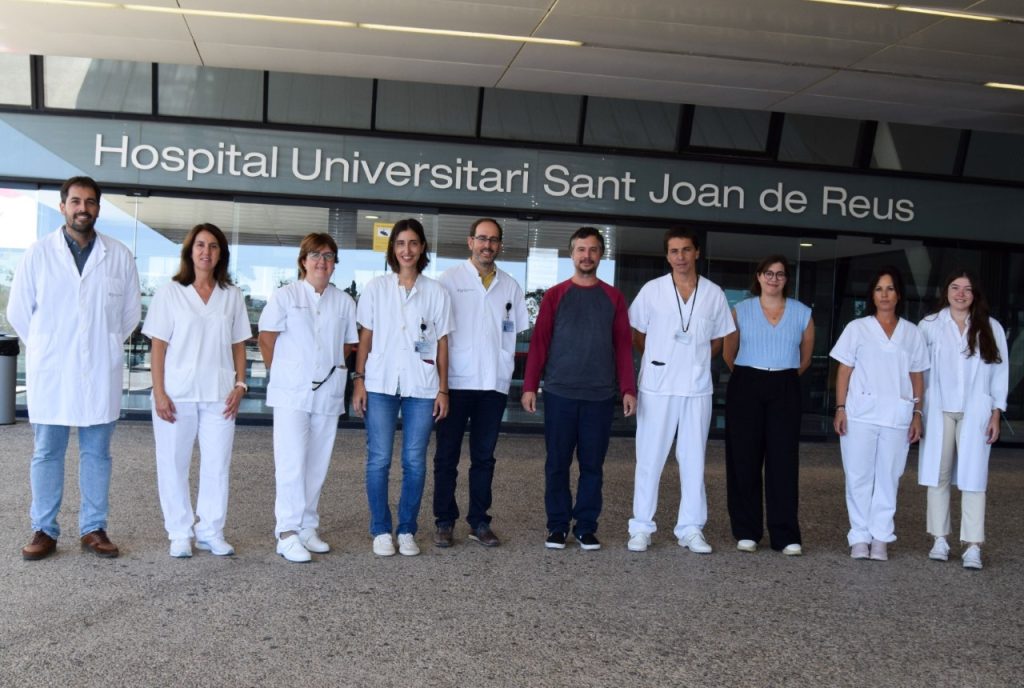
The Instituto de Salud Carlos III has resolved the call DTS24 – Proyectos de Desarrollo Tecnológico en Salud (AES 2024). The NeuroEpia research group has obtained funding for an innovative project for the validation of medical devices (aCUP-E and EPlacement) in the field of clinical neurophysiology. This support has been achieved after passing a public and competitive process, where the project has been evaluated with an excellent score of 92 out of 100 points.
The programme aims to promote innovation in NHS healthcare centres and the transfer of innovative solutions, as well as the generation of benefits for the community, while allowing for the establishment of alliances between research entities and companies in the pharmaceutical, biotechnology and medical and health technology sectors.
The project, entitled ‘Validation and improvement of two innovative medical technologies in the field of clinical neurophysiology: neonatal electrode for aEEG and electrode positioning system’, promoted by the NeuroEpia group of the Sant Joan de Reus University Hospital (HUSJR) and the Pere Virgili Health Research Institute (IISPV), has been awarded 208,945 euros.
This financial support will make it possible to validate the technologies through clinical trials, develop the industrialisation plan and transfer them to the market. The project is based on two main hypotheses:
Hypothesis 1: Neonatal improvement with a new EEG electrode
The new aCUP-E electrodes, compared to traditional ice electrodes, offer advantages such as increased long-term monitoring time due to improved recording quality (with fewer artefacts), reduced risk of dislodgement and elimination of the need for frequent replacement.
Hypothesis 2: Improved localisation of cranial areas
The EPlacement system improves electrode placement over conventional tape-measurement methods. This solution stands out for being faster, simpler, more cost-effective and accurate, adapting to the specific requirements of neurophysiological testing. This improvement not only optimises diagnosis and treatment in clinical neurophysiology, but also reduces staff time and increases placement accuracy.
In addition, EPlacement has multiple applications, including neuromodulatory treatments with non-invasive brain stimulation, used in pathologies such as major depression, post-stroke recovery or neuropathic pain. A more precise localisation of the cranial target point, such as the left dorsolateral prefrontal cortex (F3), could significantly improve the efficacy of treatments.
A multidisciplinary team at the service of innovation
The NeuroEpia group, specialised in Clinical and Epidemiological Neuroscience, has several lines of research, including Clinical Neurophysiology, led by Dr. Vicenç Pascual, coordinator of the Clinical Neurophysiology Service of the Sant Joan de Reus University Hospital. This line, in collaboration with the Neurally platform led by Dr. Albert Fabregat, aims to create medical devices to improve clinical practice in this scientific field.
The Clinical Neurophysiology team includes professionals from different disciplines:
This project is an example of how collaboration between clinical research, technological innovation and industry can contribute to improving the health and quality of life of patients.